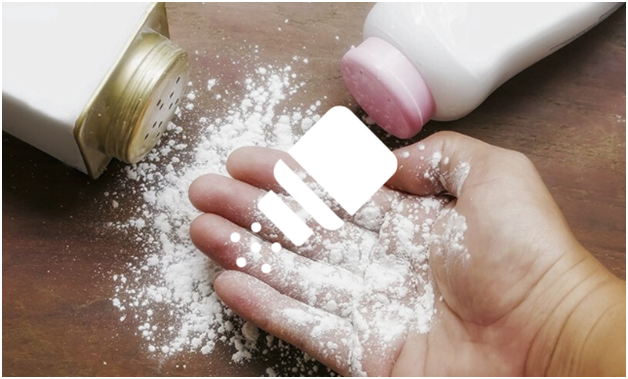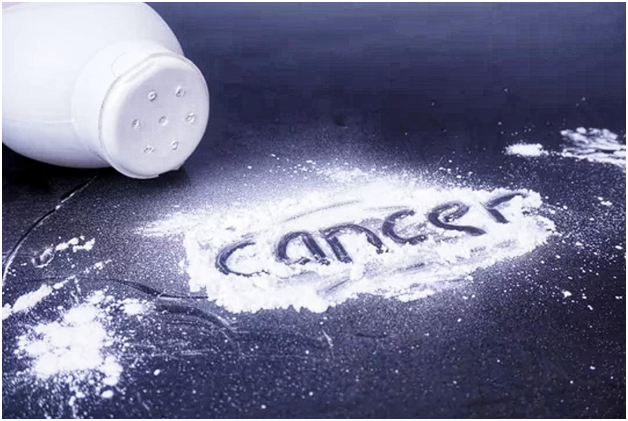Talcum powder lawsuits center on claims of manufacturer negligence in adequately informing consumers about potential health risks. These widespread legal actions indicate a possible association between talc-based products and cancer.
Central to these legal battles is the argument that manufacturers were fully aware of the potential presence of asbestos—a well-known carcinogen—in talc-based products but chose not to alert consumers. This negligence has sparked major product liability concerns and triggered a surge in legal actions. Even a small percentage of talcum powder products testing positive for asbestos contamination has been enough to prompt these lawsuits, given that there's no established safe threshold for asbestos exposure.
Plaintiffs in these cases often claim that the use of talcum powder, particularly products like baby powder, played a role in the development of various cancers, including ovarian, fallopian tube, peritoneal, and mesothelioma. Some lawsuits even argue that regardless of asbestos contamination, exposure to talc products poses significant health risks. As a result, numerous manufacturers, distributors, brands, and retailers have found themselves embroiled in tens of thousands of lawsuits, resulting in billions of dollars in settlements, verdicts, and legal defense costs. Johnson & Johnson, for instance, is facing nearly 38,000 asbestos-related cases, with costs exceeding $4 billion.
Recent developments in these legal battles have seen some significant shifts. In May 2023, all litigation concerning J&J was temporarily halted, and parties were instructed to resume settlement discussions. Earlier, in April 2023, a proposed $8.9 billion settlement offer from J&J was rejected by the plaintiffs.
To file a talcum powder lawsuit, individuals typically need to demonstrate a diagnosis of ovarian cancer or mesothelioma after using talc-containing products. Since each state has its own statute of limitations, potential plaintiffs are advised to seek guidance from legal professionals to ensure timely filing of their claims.
While most of these cases are individual lawsuits, some have taken the form of class action lawsuits or been consolidated into multi-district litigation cases. The list of potential defendants spans from manufacturers like Johnson & Johnson to retailers such as Target, Walmart, and CVS. These cases can stretch on for months or even years, making legal counsel crucial in deciding whether to pursue a settlement or take the case to trial.
In summary, talcum powder lawsuits have significantly reshaped product liability litigation, creating a multifaceted and ever-changing landscape for plaintiffs, investors, and legal firms. With health implications and accountability on the line, these lawsuits carry substantial consequences for all parties involved.





